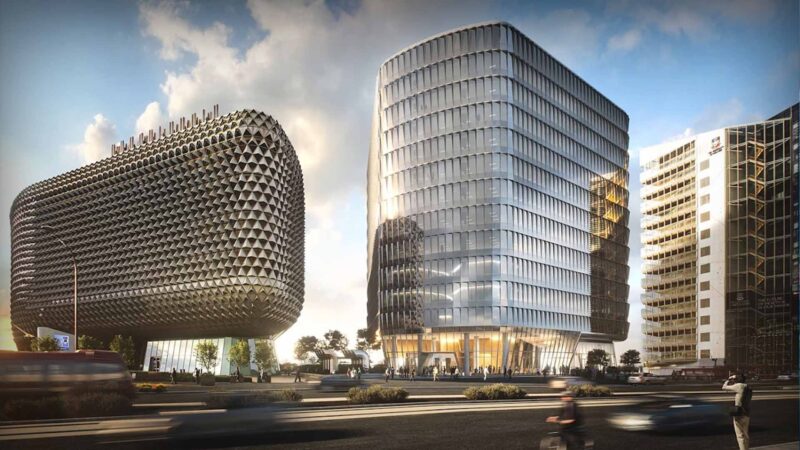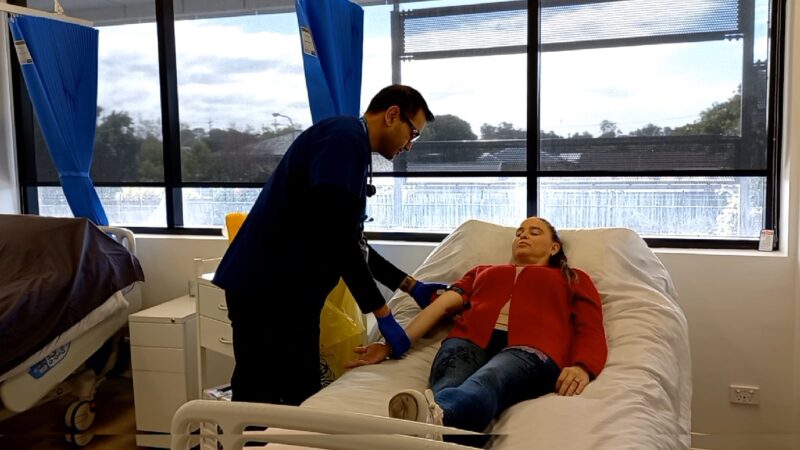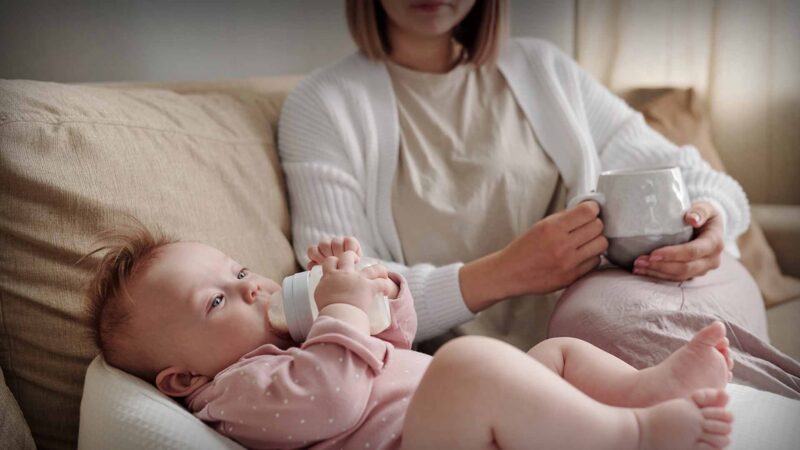RESEARCHER PROFILE
Huiwen Pang, PhD candidate (Filmed Nov 2023)
Australian Institute for Bioengineering and Nanotechnology
University of Queensland
Australia
Huiwen Pang is a 3rd year PhD candidate in the Australian Institute for Bioengineering and Nanotechnology, University of Queensland, focusing on biomedical health research. Prior to commencing his PhD, Huiwen studied animal genetics in his Masters degree at Huazhong Agriculture University in China.
People with diabetes, especially Type 1 diabetes, largely rely on the insulin injections or insulin pumps to control their high blood glucose levels, which is painful and has a high risk of infections.
Huiwen Pang is conducting research on nano-based drug formulations for Type 1 diabetes treatment, with a focus on using nanomaterials to load insulin for oral administration and employing anti-apoptotic and anti-inflammatory approaches to mitigate damage to beta cells.
The treatment and prevention of Type 1 diabetes remain largely unknown due to the autoimmune system’s attack on the pancreas and beta cells. Huiwen’s research focuses on nano based drug formulations for Type 1 diabetes treatment due to unknown triggering mechanism of autoimmune system attacking pancreas.
Huiwen Pang’s goal to make his own mark in the field of biomedical health is driven by inspiration from distinguished scholars and their research outcomes. Huiwen is also driven by having meaningful impact on people’s health, inspired by the challenges faced by patients with diabetes, including his own grandfather.
Huiwen enjoys hiking each weekend in Brisbane and the surrounding areas, taking in the mountains and the lakes which give he finds relaxing.
You Might also like
-
RESEARCH IMPACT SAHMRI, SOUTH AUSTRALIA (2023)
South Australian Health and Medical Research Institute, also known as SAHMRI has had significant impacts in various areas over the past ten years, and this year is celebrating its 10 year anniversary with a week of events.
Ahead of the anniversary, Executive Director, Professor Maria Makrides spoke to Bench Side Story about 3 achievements in the past 10 years that have had significant impact
-
Dr Nischal Sahai
RESEARCH IN BRAIN COMPUTER INTERFACE
@ SYNCHRON
MELBOURNE, VICTORIA, AUSTRALIA -
Professor Maria Makrides
SOUTH AUSTRALIAN HEALTH AND MEDICAL RESEARCH INSTITUTE (SAHMRI)
SOUTH AUSTRALIA
AUSTRALIA
NEW SOUTH WALES, AUSTRALIA



